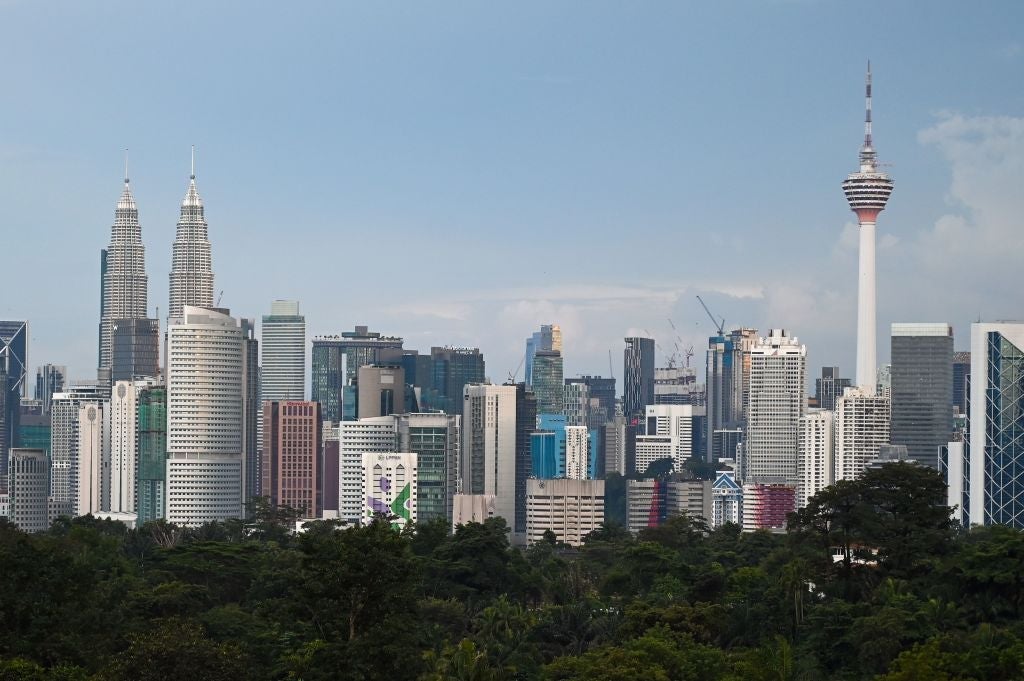

Malaysia has consistently been one of the most impressive performers when it comes to attracting foreign direct investment (FDI) within the South East Asia region. This is in spite of the fact that in 2017 and 2018 inflows decreased, before remaining flat at $7.6bn in 2019, according to the UN Conference on Trade and Investment (UNCTAD) 2020 World Investment Report.
According to the Malaysian Investment Development Authority (MIDA), key sectors for the country include manufacturing, financial services and mining. In the third quarter of 2020, the stock percentages of these sectors were 38.6%, 24.2% and 6.1%, respectively.
Key source markets for Malaysia include Singapore, Hong Kong, Japan, the Netherlands and the US. The country was the location of a mergers and acquisitions mega deal in 2019, when Japanese company Mitsui & Co purchased a stake in Kuala Lumpur-based IHH Healthcare.
Covid-19 brings FDI downturn in Malaysia
As a result of the impact of Covid-19, Malaysia is forecast to have received approximately $4bn in FDI inflows in 2020, which equates to a fall of more than 50%. This is according to UNCTAD’s Global Investment Trends Monitor released in October 2020 and data from the MIDA.
Despite this setback, Malaysia is still widely considered to be an attractive FDI location, particularly against the backdrop of rising global trade tensions. The Malaysian government is keen to position the country as a gateway for the Asean market. In a bid to achieve this, there have been various investment incentives put in place, including pioneer status for companies – which allows them advantageous financial treatment – and tax cuts.
Malaysia also ranked highly in the World Bank’s Doing Business report in 2020, with the country placing in 12th, three places up on the previous year. The report cited Malaysia’s English-speaking workforce and its attractive fiscal policies among reasons for this rise.

US Tariffs are shifting - will you react or anticipate?
Don’t let policy changes catch you off guard. Stay proactive with real-time data and expert analysis.
By GlobalDataMalaysia is home to well-developed infrastructure and enjoys a high cost competitiveness. However, rising labour costs, reliance on Chinese suppliers and some political instability are potential obstacles to investment.






